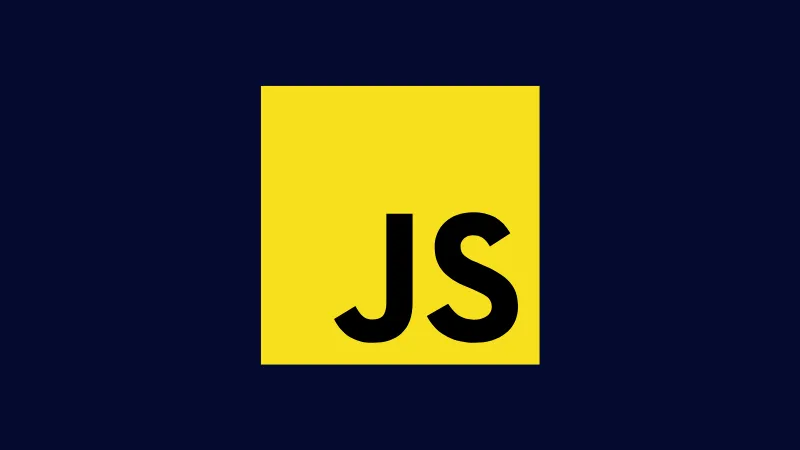Programming with JavaScript
Make use of JavaScript to build dynamic web interactions and advanced applications.

Our tutors graduated from top universities







Overview
Customised curriculum
We'll find a tutor who can make sure you're prepared for the A-Level Chemistry exam with customisable lessons catered to fit your needs.
Flexible
Take lessons only when you need them—as little or as many as necessary until you feel confident.
Private lesson
No need to accommodate other students. Learning is customised your perfect pace and difficulty so you are always improving.
About JavaScript
JavaScript’s importance is undeniable, fueling dynamic web experiences on 97% of all websites. It transcends web development, embracing server-side programming, mobile apps, and gaming via Node.js, Angular, React, and Vue.
Opting for JavaScript opens doors for developers with its broad adoption and robust community. It evolves with libraries, simplifying complex tasks. Features like AJAX and Promises enable real-time apps, such as chat engines.
In IoT, JavaScript’s event-driven architecture excels in processing sensor data and real-time analytics. It integrates AI libraries like TensorFlow.js.
JavaScript’s community-driven ethos fuels innovation via open-source packages and npm. This ecosystem speeds development and encourages creativity.
Its lightweight, interpreted nature suits startups and rapid projects, and cross-browser compatibility is vital in a multi-platform era.
JavaScript offers limitless potential for innovation, whether you aim to pioneer a platform or pursue a tech career.
Description
This course equips you to think and operate as a developer, honing problem-solving, research, and JavaScript workflow design skills. JavaScript is ubiquitous, seen in Amazon’s search box, embedded videos, and Twitter feeds. Career paths in JavaScript include front-end web development, web app creation, and website administration, offering diverse opportunities in tech.
Mastering JavaScript prepares you for modern web development, enabling you to craft interactive, user-friendly experiences. Whether you aim to be a front-end developer designing engaging interfaces or a web app developer creating complex, feature-rich platforms, JavaScript is your essential tool for realizing digital ambitions.
What you will learn
- Acquire the skills to manipulate the Document Object Model (DOM) for dynamic web content updates and enhanced interactivity.
- Dive into the latest JavaScript features of ECMAScript 6, including arrow functions, classes, template literals, and destructuring.
- Improve your ability to troubleshoot and debug JavaScript code with effective error-handling techniques, ensuring the robustness of your applications.
Requirements
- Ages 10 – 18
- If learning JavaScript for web design, basic understanding of HTML and CSS
Student FAQs About Coding with JavaScript
JavaScript functions as a dynamic, high-level language, embracing an event-driven and object-oriented paradigm. It accommodates both imperative and declarative programming styles. Key concepts encompass variables, data types, control structures, functions, objects, and arrays. These foundational principles are the building blocks for creating dynamic and interactive web applications. Additionally, exploring advanced concepts like closures, asynchronous programming, and event handling empowers developers to create more sophisticated and efficient JavaScript applications.
Certainly, JavaScript is beginner-friendly thanks to its straightforward syntax compared to other programming languages. It also provides immediate feedback through web browsers, allowing learners to see real-time code outcomes.
In the realm of front-end development, popular options include Angular, React, and Vue.js. For server-side or back-end development, Node.js is a common choice. Additionally, libraries like jQuery, D3.js, and TensorFlow.js prove valuable for specialized tasks.
ECMAScript acts as a standard for scripting languages, whereas JavaScript is an implementation of that standard. ECMAScript establishes the core principles and syntax rules, while JavaScript extends it by introducing features, libraries, and APIs.
With the introduction of Node.js, JavaScript is adaptable for both client-side (front-end) and server-side (back-end) development, making it a full-stack language. Developers can build entire applications using JavaScript.
Beginners can commence with straightforward projects like to-do lists, calculators, and basic web pages. As proficiency grows, more intricate projects like chat applications, data visualizations, or simple games become achievable.
The timeframe varies based on prior programming experience and the time dedicated to learning. In general, with consistent practice and involvement in real-world projects, a solid level of proficiency can be reached within 6 to 12 months.
Looking for other coding tuition?
How it works
1
Request a tutor
Let us know your goals and age range. We'll figure out a plan to help get you there.
2
Match with a tutor
You'll get a tutor based on your needs and goals, or you can request a specific tutor.
3
Start a free trial
Experience a free trial lesson with your new tutor and see if your learning style matches.
4
Keep it up!
If everything went well, sign up to keep going! You can choose the pacing of the lessons
1Request a tutor
Let us know your goals and age range. We'll figure out a plan to help get you there.
2Match with a tutor
You'll get a tutor based on your needs and goals, or you can request a specific tutor.
3Start a free trial
Experience a free trial lesson with your new tutor and see if your learning style matches.
4Keep it up!
If everything went well, sign up to keep going! You can choose the pacing of the lessons
Need more info?
Let's talk.
Leave your phone number, and we’ll call you back to discuss how we can help you.


